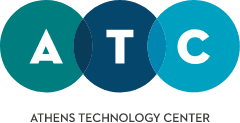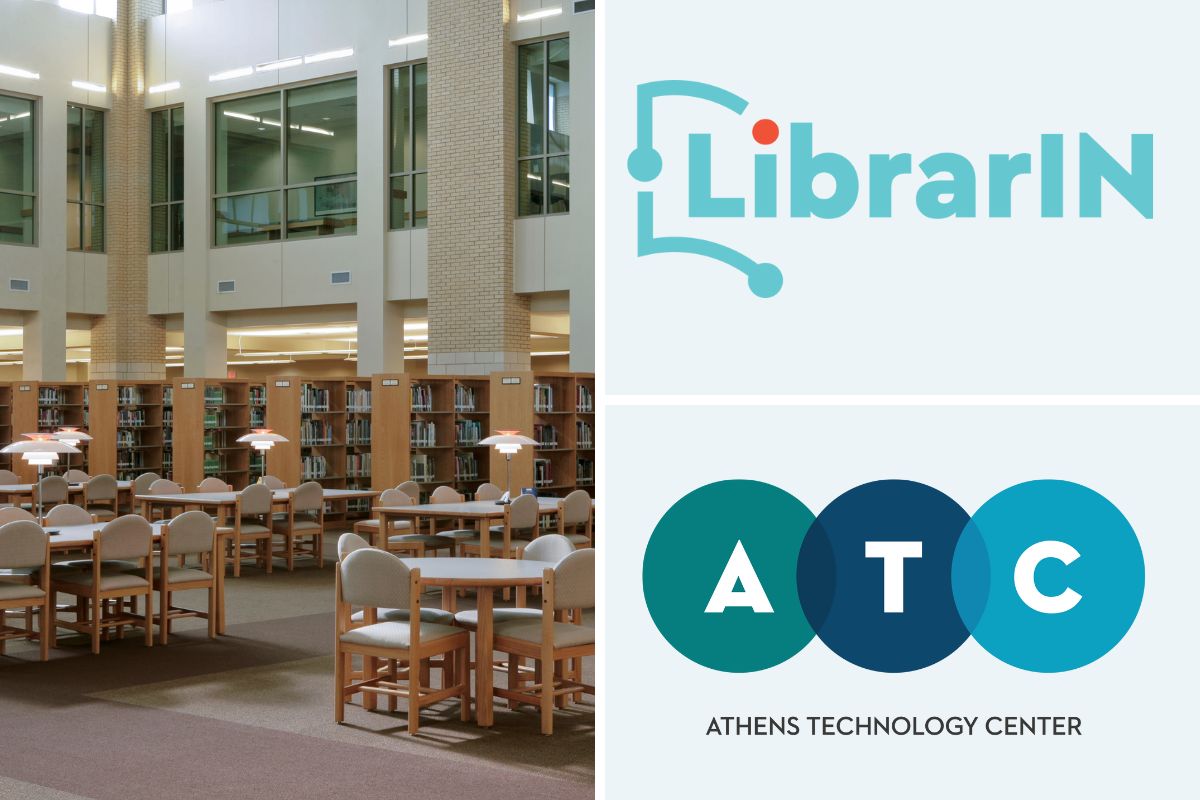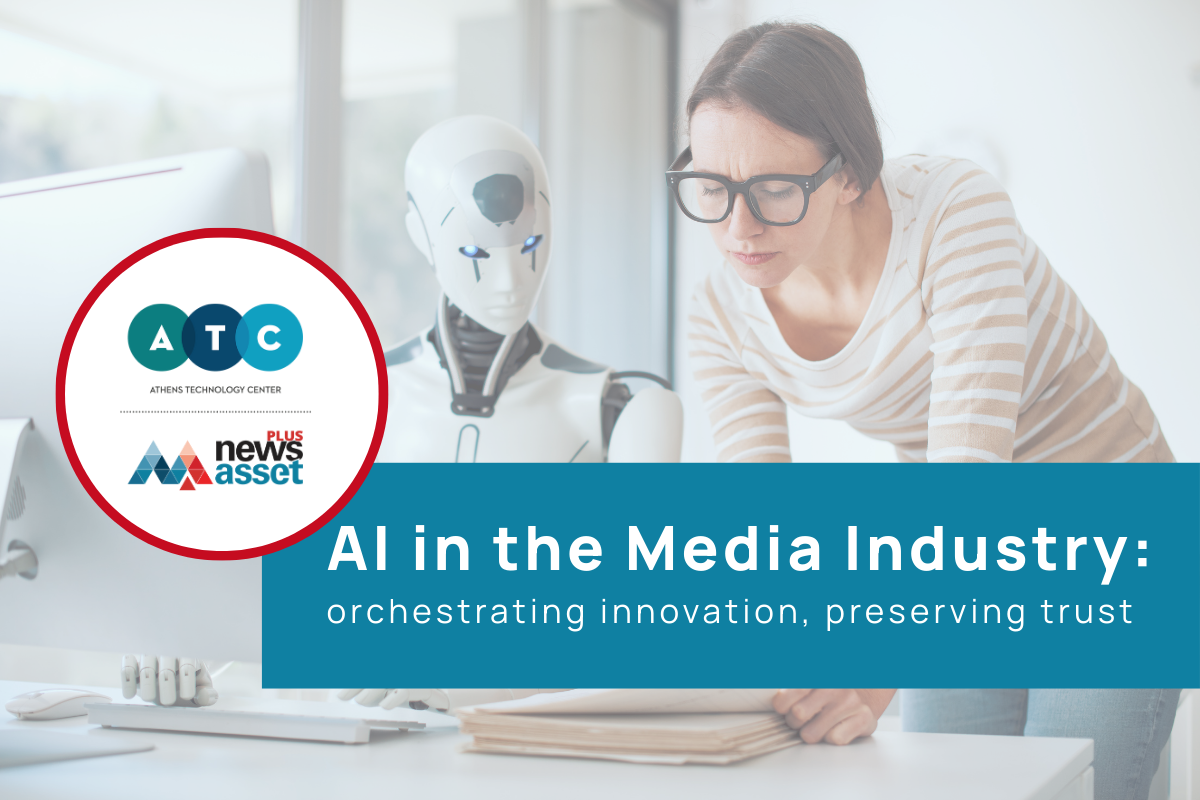As libraries across Europe evolve in response to digital transformation, societal challenges, and shifting user needs, the LibrarIN project—coordinated by Athens Technology Center (ATC)—continues to offer valuable guidance for empowering innovation in the library sector.
The latest two policy briefs from LibrarIN present practical frameworks, evaluation tools, and actionable policy insights that aim to transform libraries into collaborative, inclusive, and locally impactful innovation hubs.
Policy Brief #2: Boosting and Evaluating Collaborative Innovations in Libraries
Released on June 23, 2025, Policy Brief #2, “Boosting and Evaluating Collaborative Innovations in Libraries: Managerial Guidelines and Policy Implications,” focuses on helping libraries transition from traditional repositories to vibrant community-centered ecosystems.
Libraries as community hubs
Today’s libraries serve as platforms for digital literacy, cultural exchange, and social participation. To enable this evolution, the brief outlines a four-phase innovation roadmap:
- Understand user needs and local context
- Co-design services with stakeholders
- Implement and test participatory ideas
- Evaluate results for continuous improvement
These phases are supported by practical tools, including an evaluation model and innovation checklist, covering dimensions such as:
- Digital transformation
- Co-creation
- Personalization
- Strategic partnerships
- Innovation management
Strategic policy recommendations
Aligned with the EU Work Plan for Culture 2023–2026, the brief calls on policymakers to:
- Allocate dedicated funding for collaborative library models
- Prioritize staff training in digital and social innovation
- Position libraries as inclusive community anchors across Europe
Real-world application
Case studies from Finland, the Netherlands, and Portugal -alongside expert contributions from the LibrarIN network – demonstrate how these frameworks can be implemented in a variety of local contexts.
Download the full policy brief #2 here.
Download the Press release here.
Policy Brief #3: How Libraries Can Share Innovation That Truly Works
Published on July 7, 2025, Policy Brief #3, “Collaborative Innovation and Best Practice Diffusion in European Libraries: Adapting for Local Impact,” explores how to move beyond the traditional concept of “best practices” and create systems that foster scalable and sustainable innovation.
Rethinking what “best practice” means
The brief introduces three levels of practices for library innovation:
- Best Practices: Highly visible and often politically supported, but difficult to replicate
- Good Practices: Field-tested with potential for broader uptake
- What Works: Grounded in local context, adaptable, and frugally implemented
It warns against the pitfalls of simply copying models from high-profile libraries like Oodi (Helsinki) or DOKK1 (Aarhus), and instead encourages adaptation through local context analysis.
Libraries should ask:
- Who are our users and what do they need?
- What’s the socio-economic environment we operate in?
- How do other sectors localize best practices?
Tools to drive smarter innovation
To support informed decision-making, the brief presents two key tools:
- The LibrarIN What-Works Database – A growing repository of real-world examples in co-creation and social innovation
- The LibrarIN Policy Tracker – A tool to monitor how EU library-related recommendations are reflected in national strategies
A policy agenda for lasting impact
The brief outlines five targeted policy recommendations:
- Promote the LibrarIN 4-phase innovation framework
- Institutionalize the What-Works Database and Policy Tracker at the EU level
- Integrate demographic and economic indicators into library metrics
- Set EU infrastructure standards based on population
- Align services with European Commission Partnership Agreements
Download the full policy brief #3 here.
Download the Press release here.
Final thoughts
Together, these two policy briefs reinforce the critical role libraries play in shaping equitable, innovative, and resilient communities. Whether you’re a library manager, policymaker, researcher, or advocate, the LibrarIN tools and frameworks provide a concrete pathway to building the libraries of tomorrow -today.






